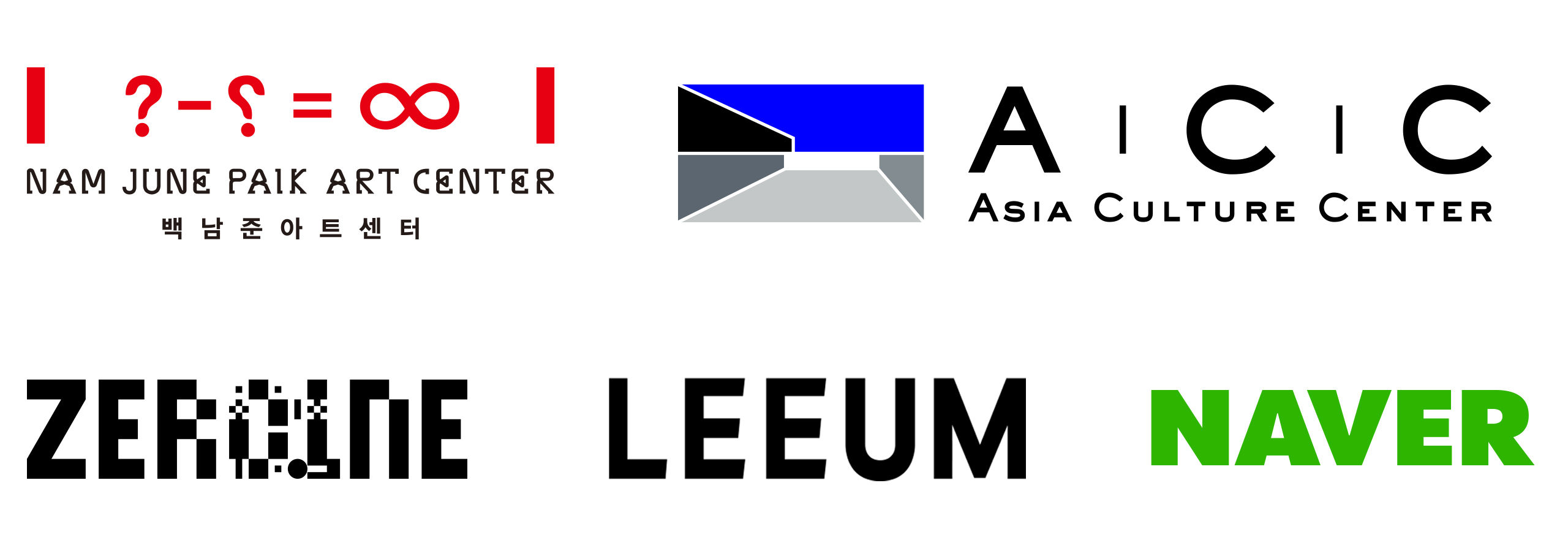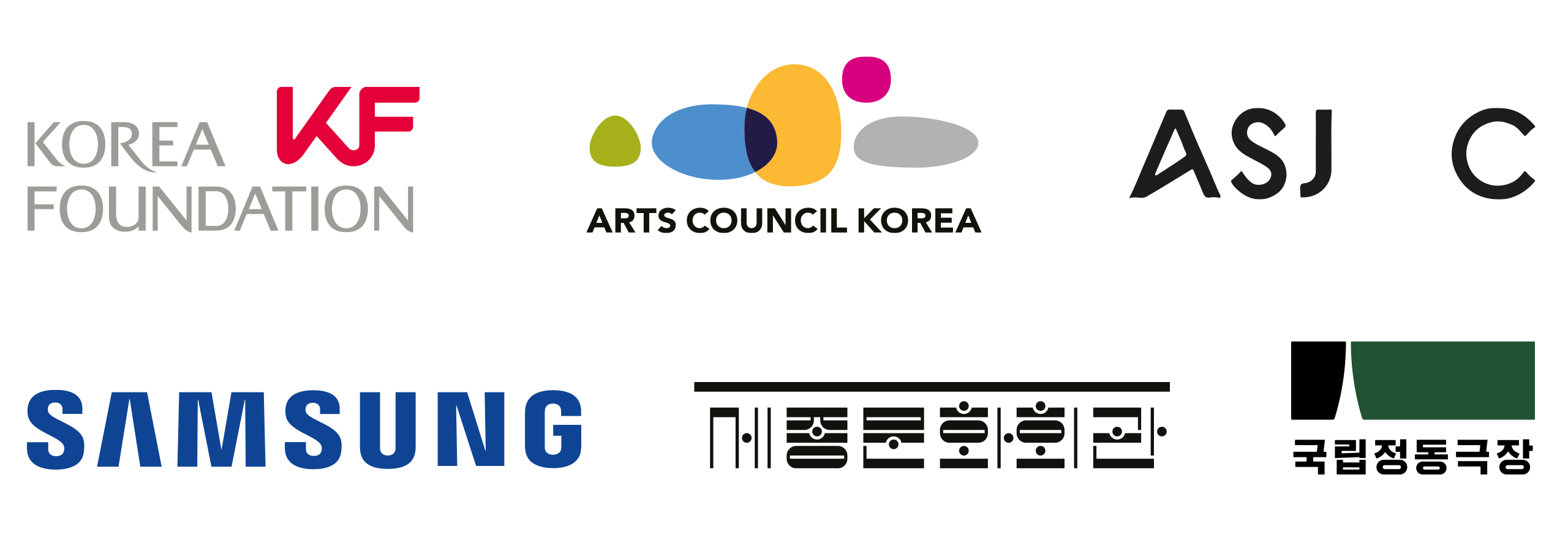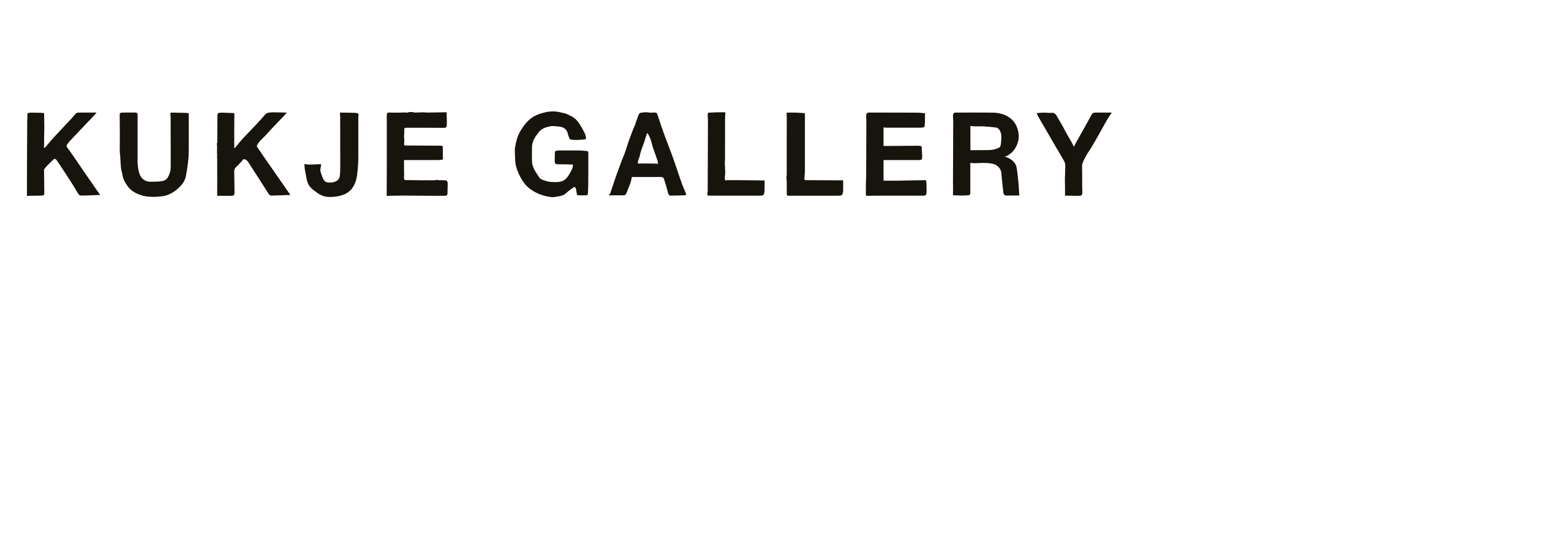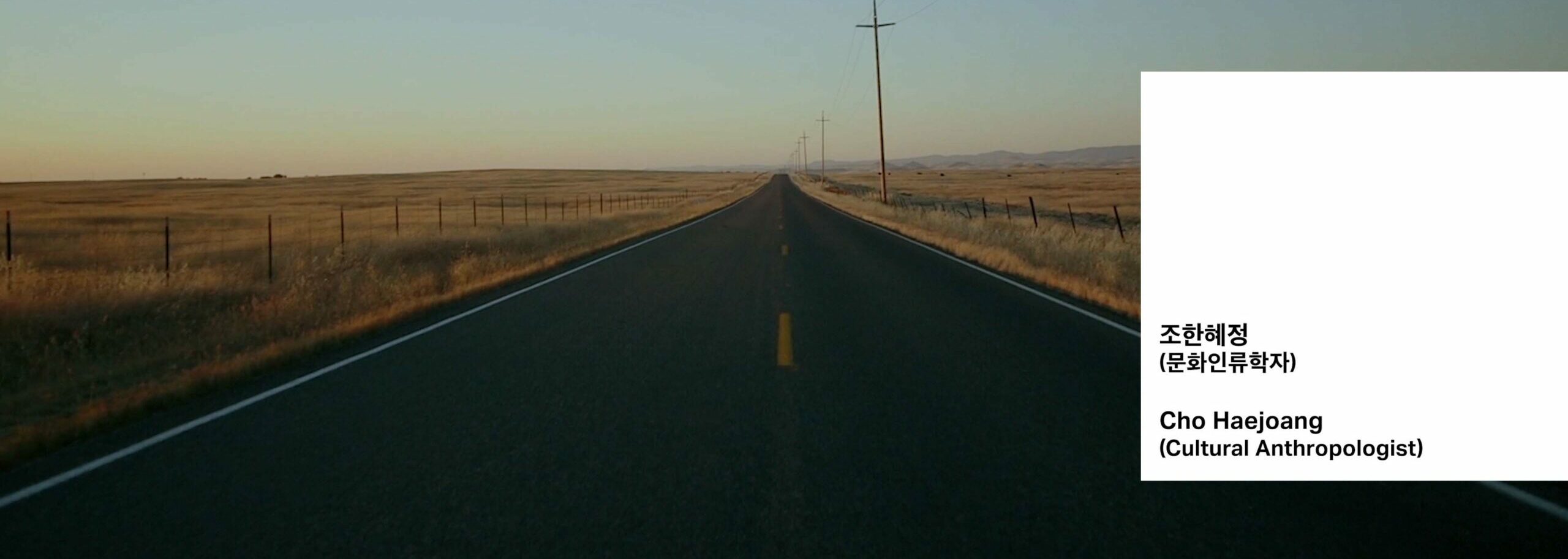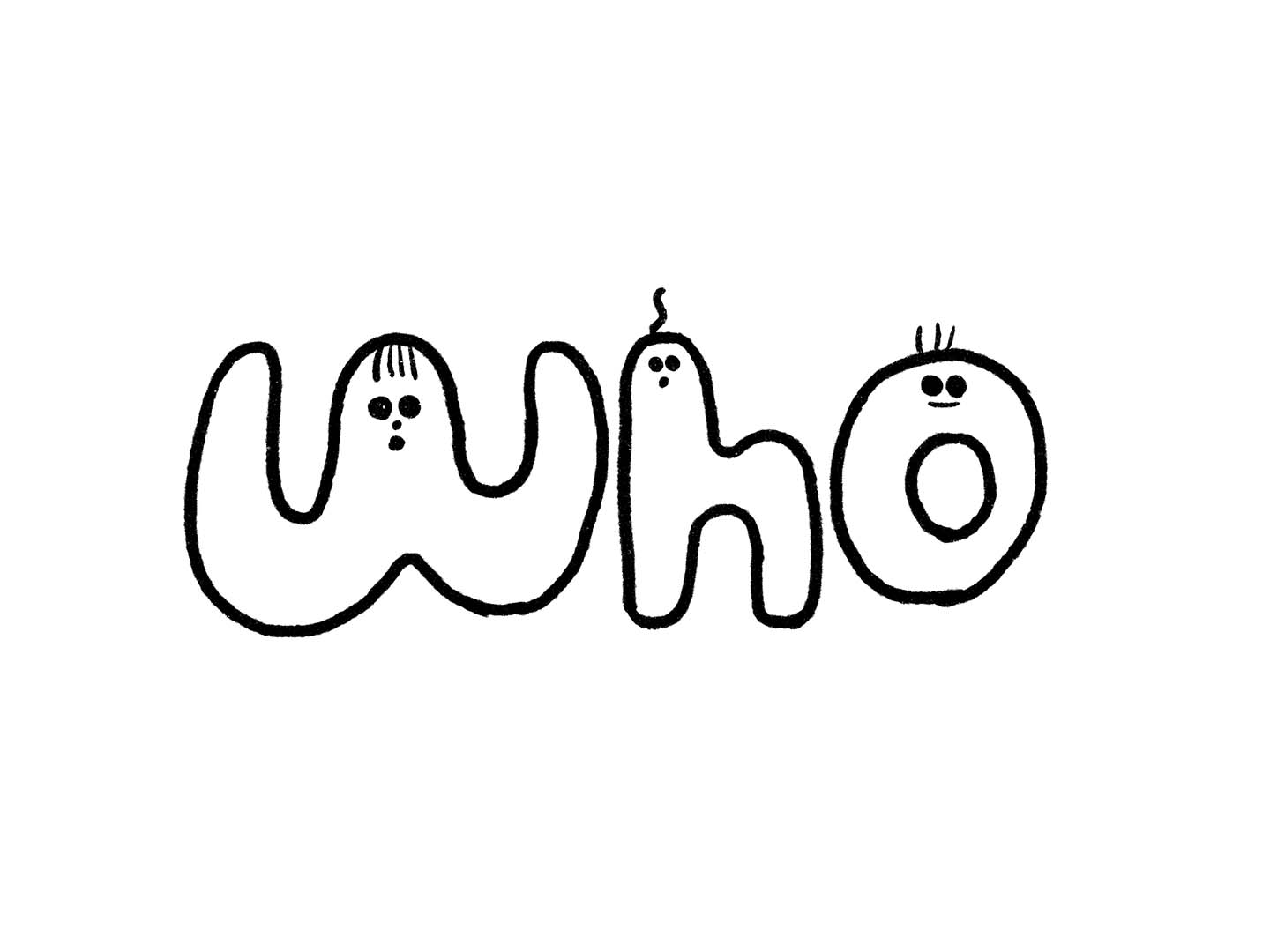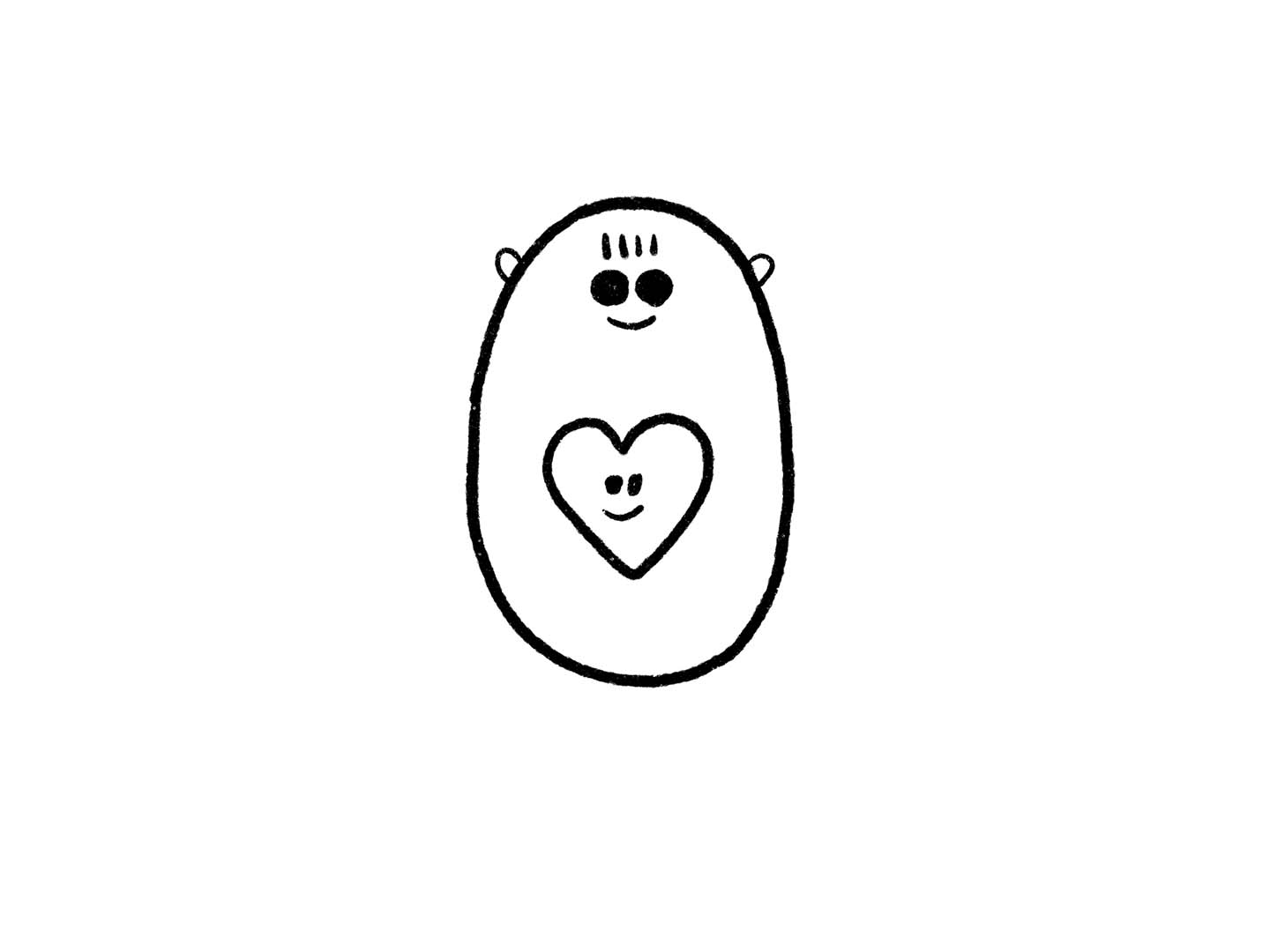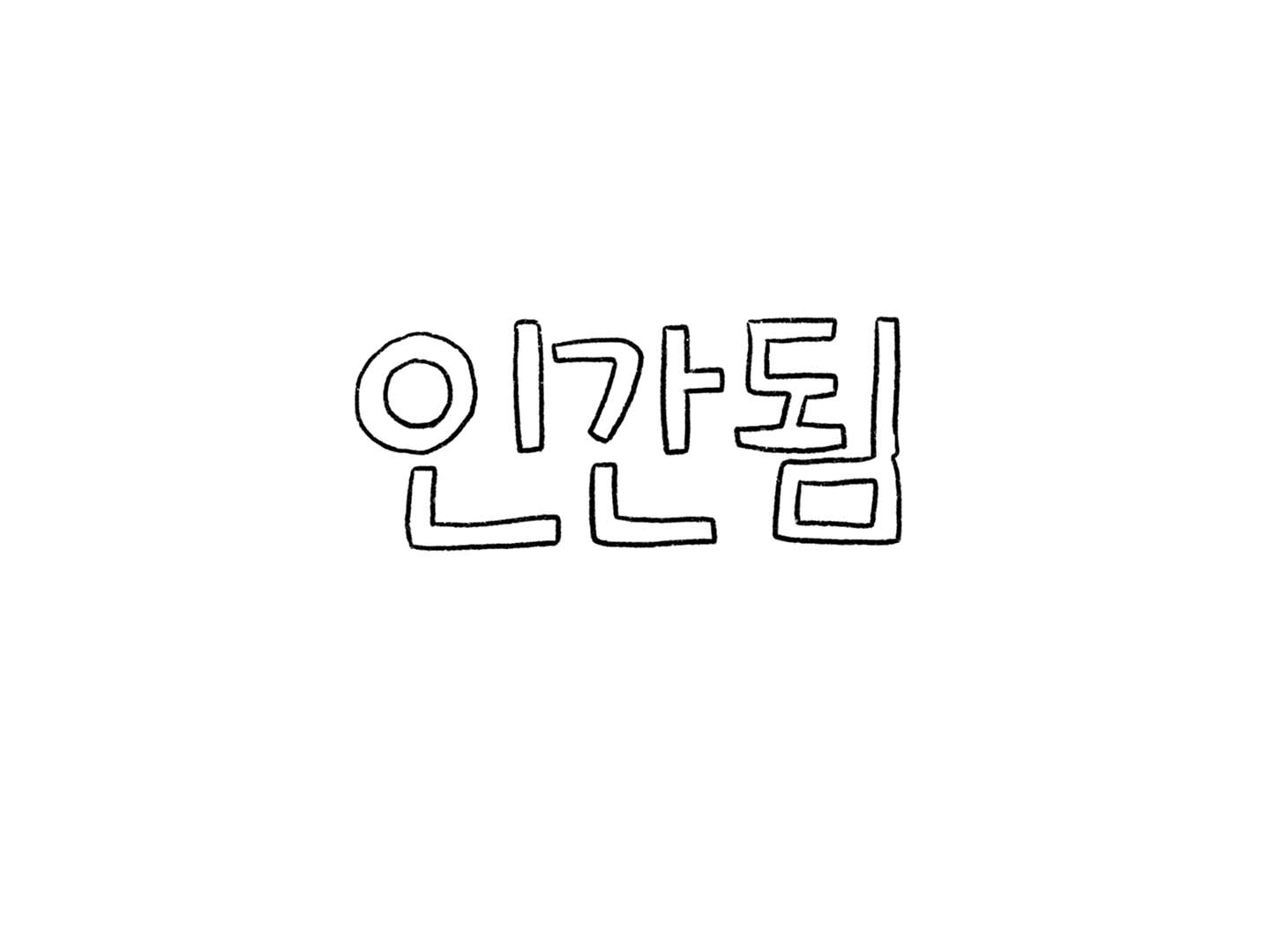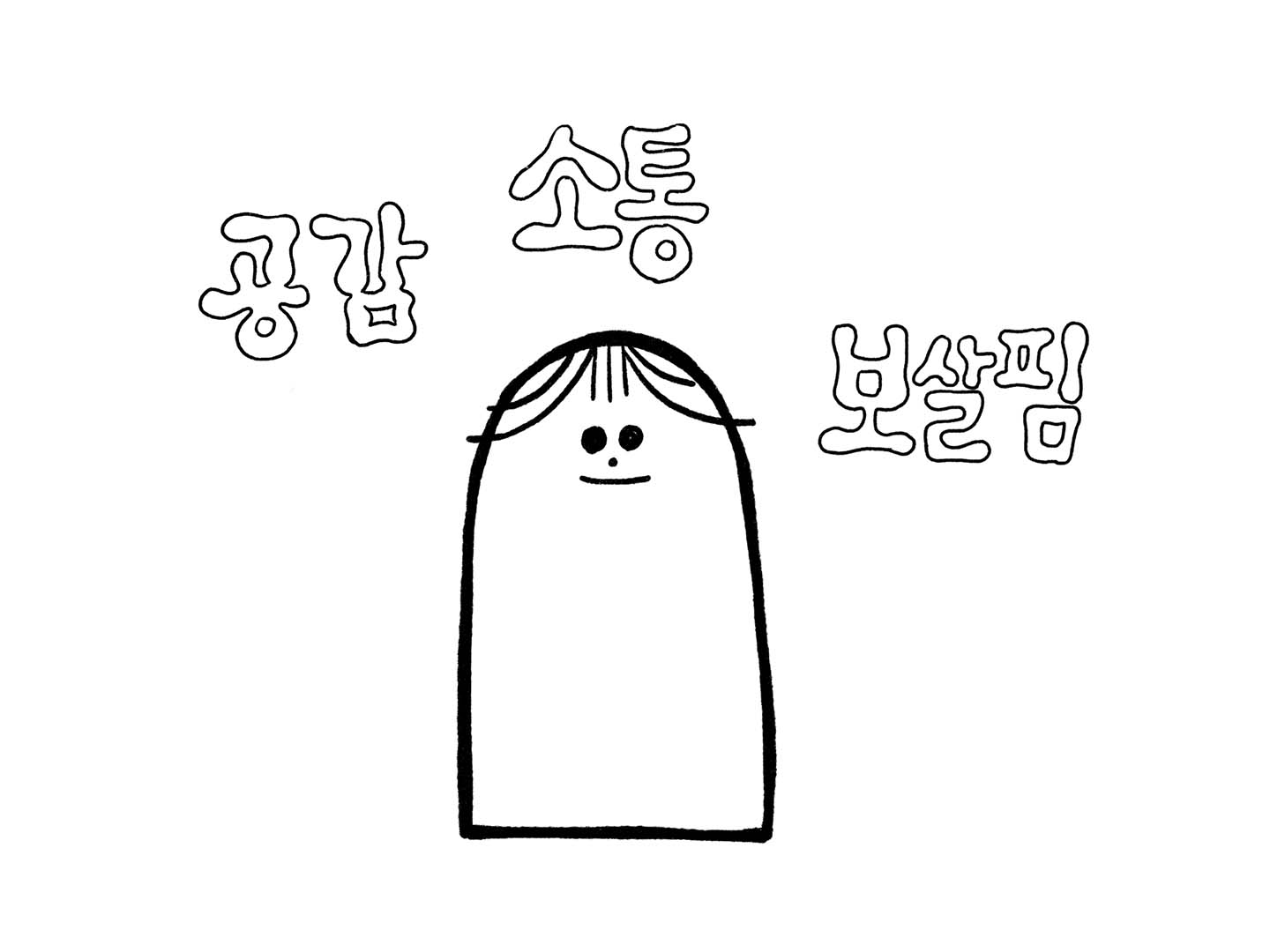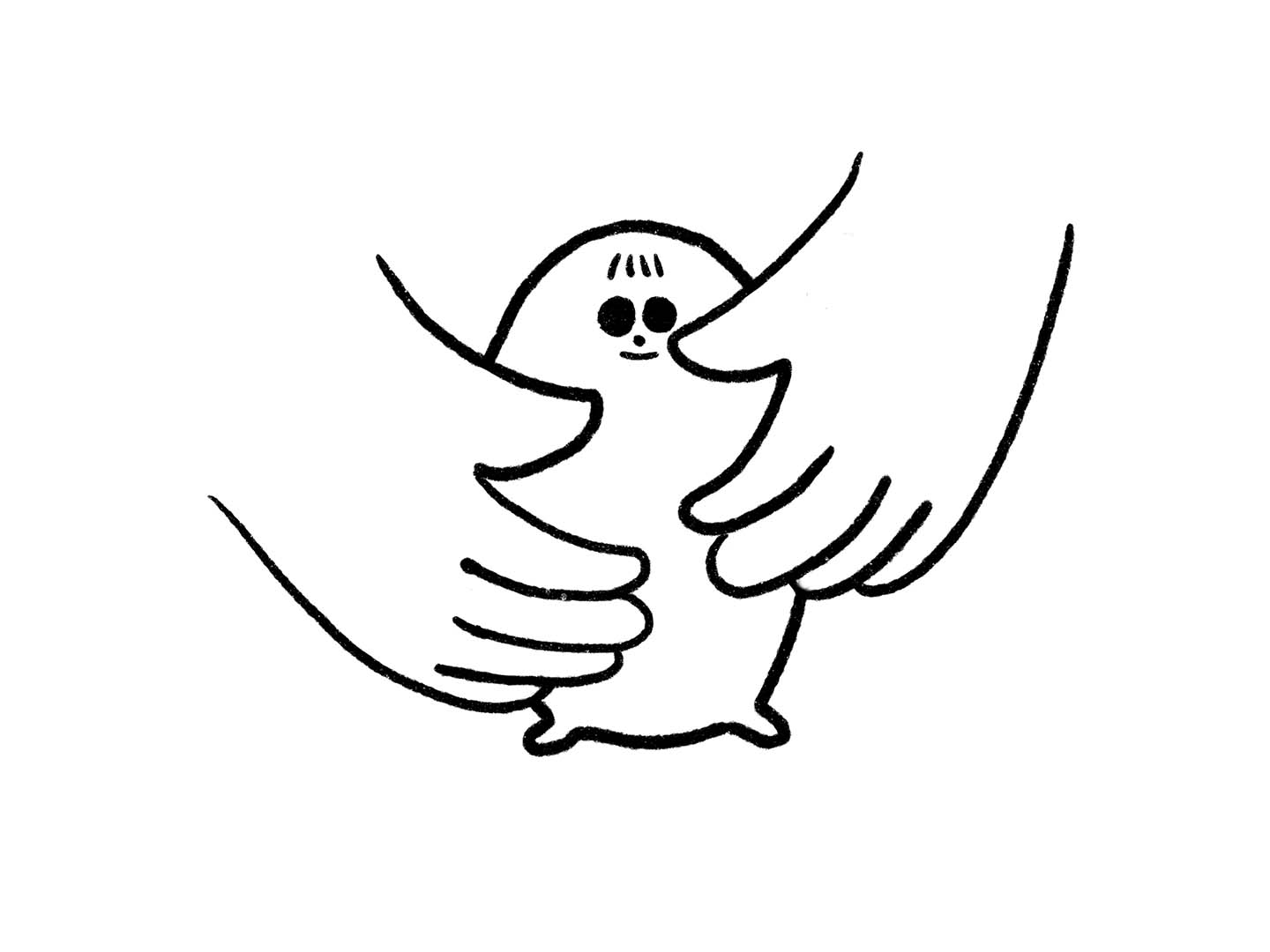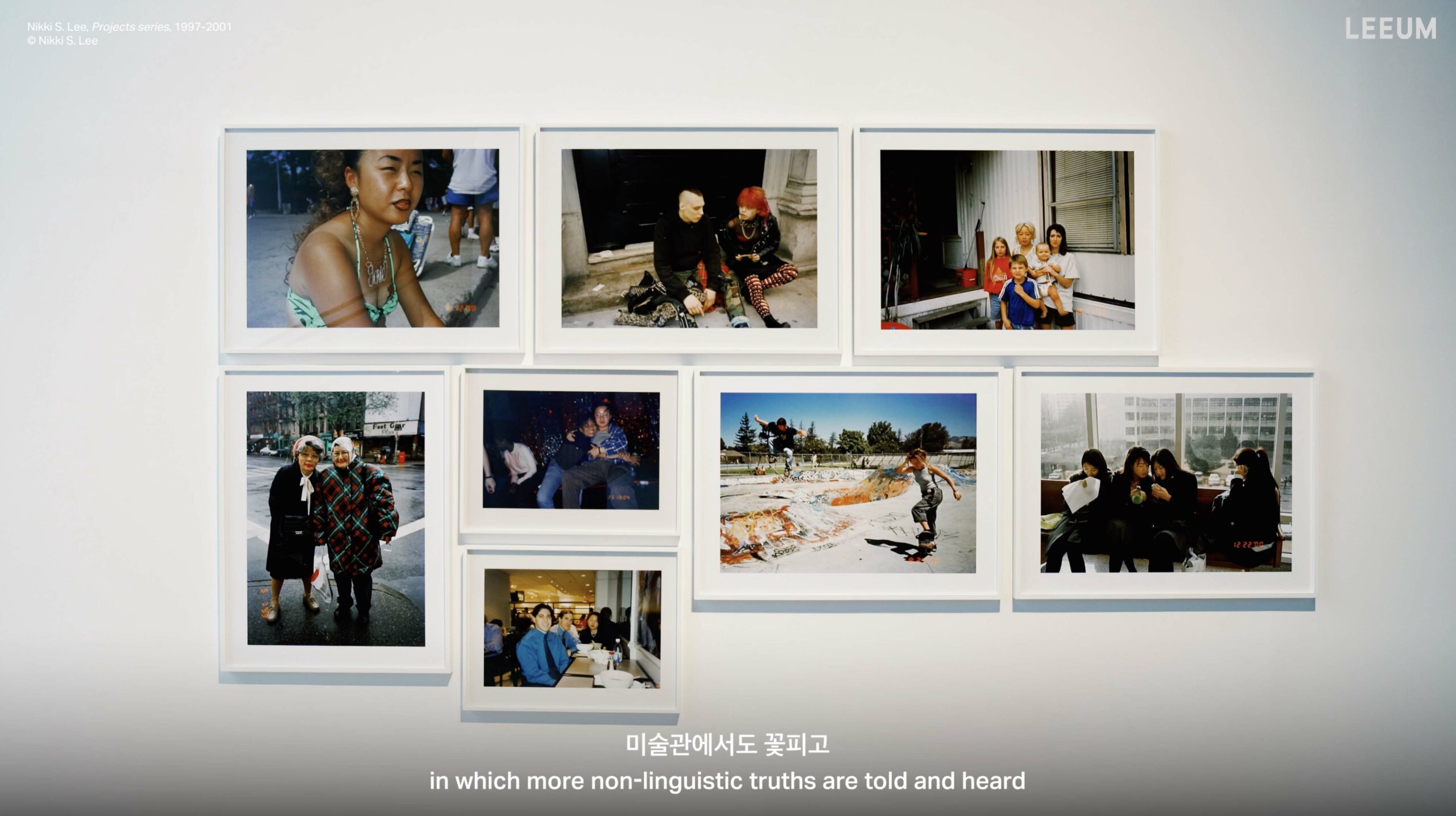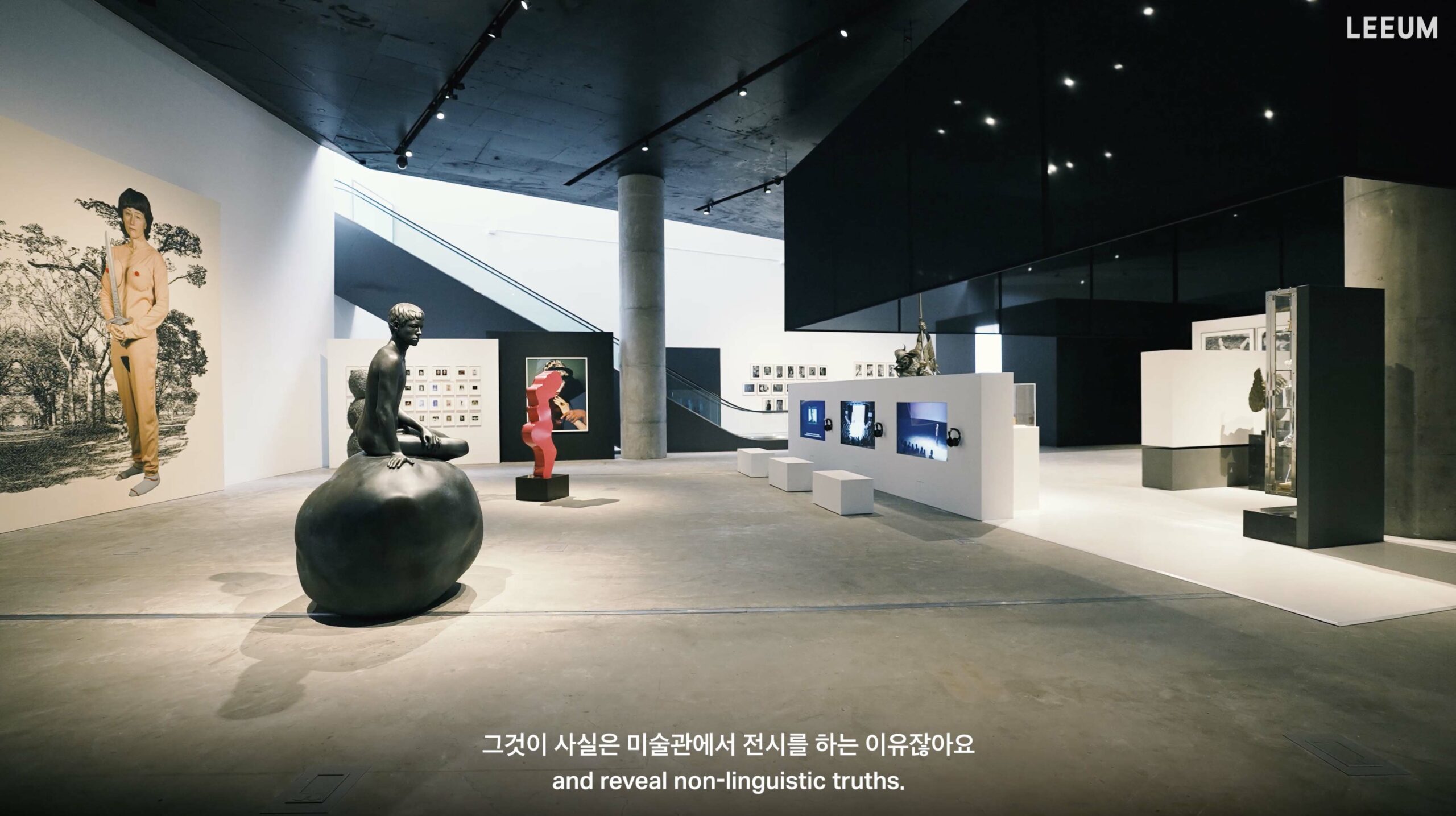작업 소개
‘인간, 일곱 개의 질문’은 모든 예술의 근원인 ‘인간’을 돌아보고, 21세기의 급변하는 환경과 유례없는 팬데믹 상황에서 인간으로 존재하는 것의 의미를 고찰하며 미래를 가늠하는 전시입니다. 57STUDIO는 큐레이터 전시 해설 영상과 함께 참여 작가들의 인터뷰 시리즈, 인문학자들의 렉처 시리즈를 구성하고 제작하였습니다.
인간이란 무엇인지, 코로나 팬데믹과 인류세를 마주한 인간이 스스로에게 던져야 할 가장 중요한 질문은 무엇인지, 국내외 석학과 참여 작가들에게 묻고, 그들의 통찰을 영상에 담았습니다.
세 번째 인터뷰의 주인공은 문화인류학자 조한혜정 교수입니다. 코로나 이후 기존 가치들이 붕괴된 상황에서, 조한혜정 교수는 남성 중심적으로 연구되어왔던 휴머니즘에 대해 문제를 제기합니다. 그녀는 포스트모던과 포스트휴먼 시대에 앞으로 연구해야 할 방향에 대해 논의하며, 인간다움의 특징으로 언급되는 공감과 보살핌이 그동안 여성의 영역으로 간주되었던 ‘돌봄’의 범주에 속한다는 점에 주목합니다. 조한혜정 교수의 이러한 사유를 함께 나눕니다.
“Human, 7 Questions” is an exhibition that reflects on “humanity,” the foundation of all art, while contemplating the meaning of human existence in the rapidly changing environment of the 21st century and the unprecedented pandemic. The exhibition seeks to provide insight into the future.
57STUDIO produced a series of curator-led exhibition commentary videos, interviews with participating artists, and lecture series featuring humanities scholars. We asked both renowned international and domestic scholars, as well as participating artists, the most important questions humanity must ask itself: What does it mean to be human, and what questions must humans confront in the face of the COVID-19 pandemic and the Anthropocene? Their insights were captured in these videos.
The third interview features cultural anthropologist Professor Hye-jeong Cho. In the wake of the collapse of traditional values following the COVID-19 pandemic, Professor Cho raises questions about the male-centric perspective that has dominated humanism. She discusses the direction future research should take in the postmodern and posthuman era, highlighting that empathy and care, often cited as essential human traits, belong to the domain of “care,” which has traditionally been regarded as part of the female sphere. This interview shares Professor Cho’s reflections on these ideas.



